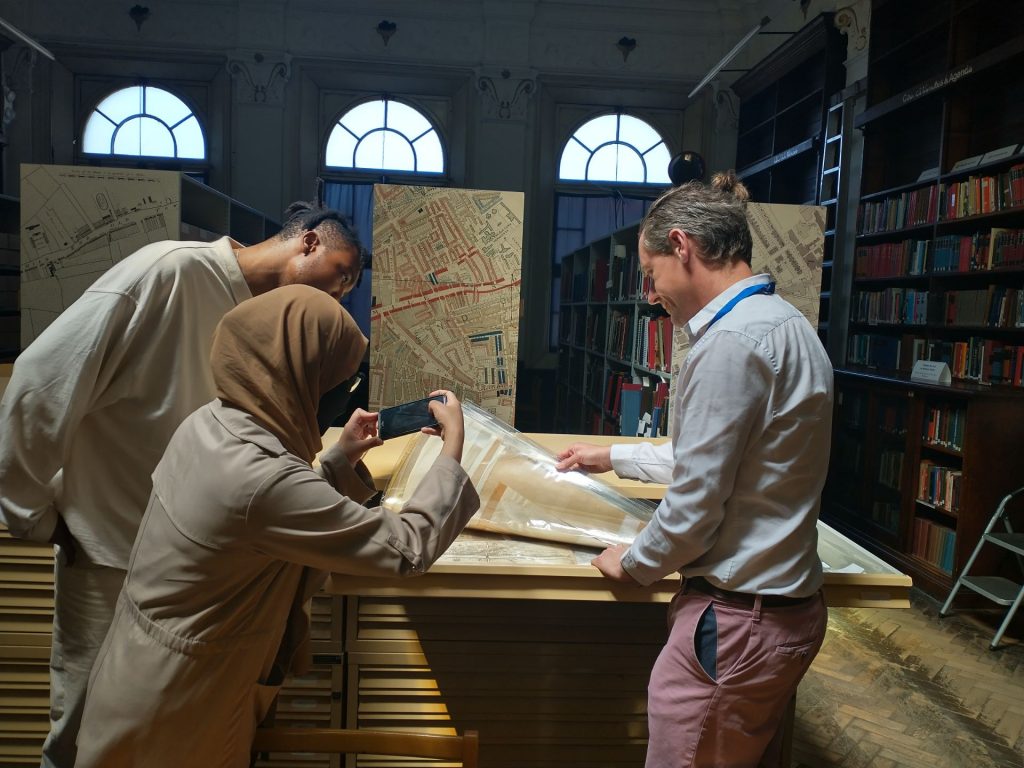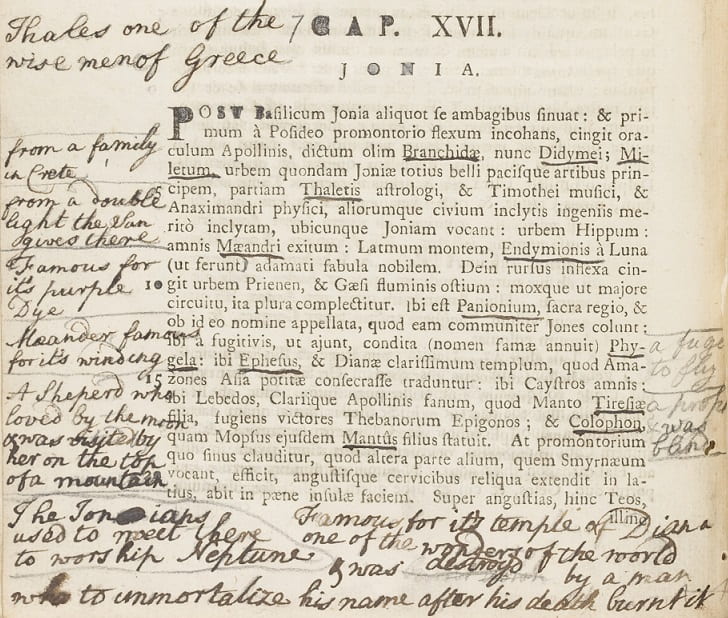The New Curators Project 2024 is Open for Applications!
By Vicky A Price, on 4 December 2023
The New Curators Project is an annual programme run by UCL Special Collections and Newham Heritage Month. It offers 10 young adults in East London the chance to develop the skills and experience needed to start a career in the cultural heritage sector.
Previous applicants have gone on to work for organisations such as Toynbee Hall, Tate, The Roundhouse and UCL. It is a friendly, fun way of learning about the cultural heritage field and taking your first steps towards a career in the sector without needing a degree.
What is Cultural Heritage?
The cultural heritage field is an area of work focused on preserving history and culture and making it available to the general public. Among other things, it includes:
Museums.
Arts organisations and charities.
Libraries and Archives.
Historic Buildings and heritage sites.
Archaeology.
What will the project entail?
Successful applicants will receive training from industry experts in key areas such as:
Carrying out historical research.
Using archives.
Creating an exhibition.
Running events and campaigns.
Communications in the cultural heritage sector.
Participants will gain real work experience by creating an exhibition for Newham Heritage Month using historical material from UCL Special Collections, the Archives and Local Studies Library in Stratford and beyond.
The programme also offers employment support such as advice on applying for jobs, writing applications and being interviewed.
Participants who attend all the workshops will receive up to £635.
Who can apply?
Applications are open to people who:
Are aged 18 to 24 at the time of making their application.
Are living, studying or working in Newham, Hackney, Tower Hamlets and Waltham Forest.
Are not a university graduate or currently studying at university.
Have less than 6 months paid experience in the cultural heritage sector.
As this project is a part of Newham Heritage Month, there are 5 places available to individuals who live, work or study in the borough of Newham. The remaining 5 places are available to those who live, work or study in Tower Hamlets, Hackney or Waltham Forest.

Archivist Richard Wiltshire from Tower Hamlets Archive shows participants archival maps and plans.
When and where is it happening?
Workshops will be ‘in person’ on Tuesday evenings from 5pm to 7pm, beginning on March 7 2024 and ending June 18 2024. There will also be three full day workshops on Friday 22 March, Friday 19 April and Friday 14 June.
Workshops will take place at the UCL’s brand new East London campus:
UCL East
Marshgate
London
E20 2AF
Do applicants need to have any specific A Levels or GCSEs?
Absolutely not. We want to recruit participants who have a passion for local history, regardless of their qualifications.
How do I apply?
You can apply online via our online form. If you have difficulty using the form, please send us an email (library.spec.coll.ed@ucl.ac.uk) and we can find an alternative way for you to apply.
The application deadline is 8.00pm on Saturday 17 February 2024.
Delivered in partnership with Newham Heritage Month.
 Close
Close




